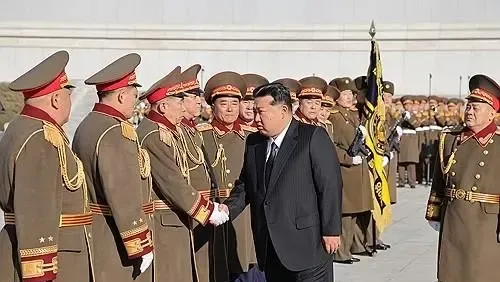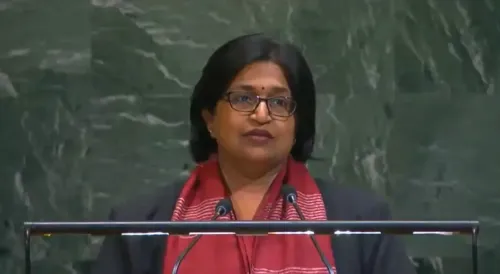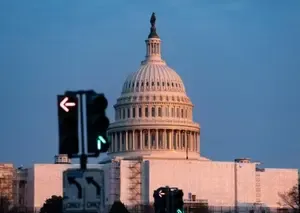Did Bangladesh's EC Just Register the NCP as a Political Party Ahead of 2026 Elections?

Synopsis
Key Takeaways
- Bangladesh's Election Commission has registered the NCP as a political party.
- The NCP will use the 'Shapla Koli' symbol in the upcoming elections.
- NCP plans to contest in 300 constituencies for the February 2026 elections.
- Concerns were raised about the Election Commission's fairness.
- NCP is prepared for significant political change.
Dhaka, Nov 19 (NationPress) The Election Commission (EC) of Bangladesh has officially recognized the National Citizen Party (NCP) as a political entity as the nation gears up for the upcoming elections next year, according to local media reports on Wednesday.
During a press conference on Tuesday, EC Senior Secretary Akhtar Ahmed announced the registration of NCP alongside the Bangladesh Samajtantrik Dal (Marxist) party.
A subsequent gazette notification confirmed the EC's endorsement of NCP as a political party, with the electoral symbol 'Shapla Koli' (water lily bud) assigned to the newly registered party, as reported by Bangladesh's prominent newspaper, Business Standard.
Earlier this month, in light of its ongoing demand for the Shapla (water lily) symbol, the party opted for 'Shapla Koli' as its electoral emblem, announcing plans to contest in 300 constituencies during the February 2026 elections.
Following discussions with Chief Election Commissioner (CEC) AMM Nasir Uddin in Dhaka, NCP Chief Coordinator Nasiruddin Patwary stated, "We have accepted Shapla Koli. While there may be questions surrounding the symbol, we have not yet received a definitive explanation from the Election Commission. Given their arbitrary behavior, we cannot afford to remain fixated on the symbol. Our decision is guided by the greater good."
Patwary criticized the EC, labeling it an "Engineering Commission," asserting, "Numerous processes are engineered here instead of being conducted fairly. We are engaged in our struggle within this framework."
He expressed concerns that the EC may persist in its arbitrary treatment of citizens in the future.
Recently, Patwary indicated that the NCP is prepared for either a "ballot revolution" or a "bullet revolution," according to local media coverage.
"If Bangladesh adheres to the democratic route, NCP is primed for a ballot revolution. However, if bloodshed becomes necessary, we are also prepared for a bullet revolution," quoted the NCP leader in Bangladesh's leading newspaper, The Daily Star.
Bangladesh is currently navigating increasing uncertainty and political unrest as the elections approach.
The parties that previously collaborated with Muhammad Yunus to displace the democratically elected Awami League government, led by Sheikh Hasina, are now at odds over reform proposals.









